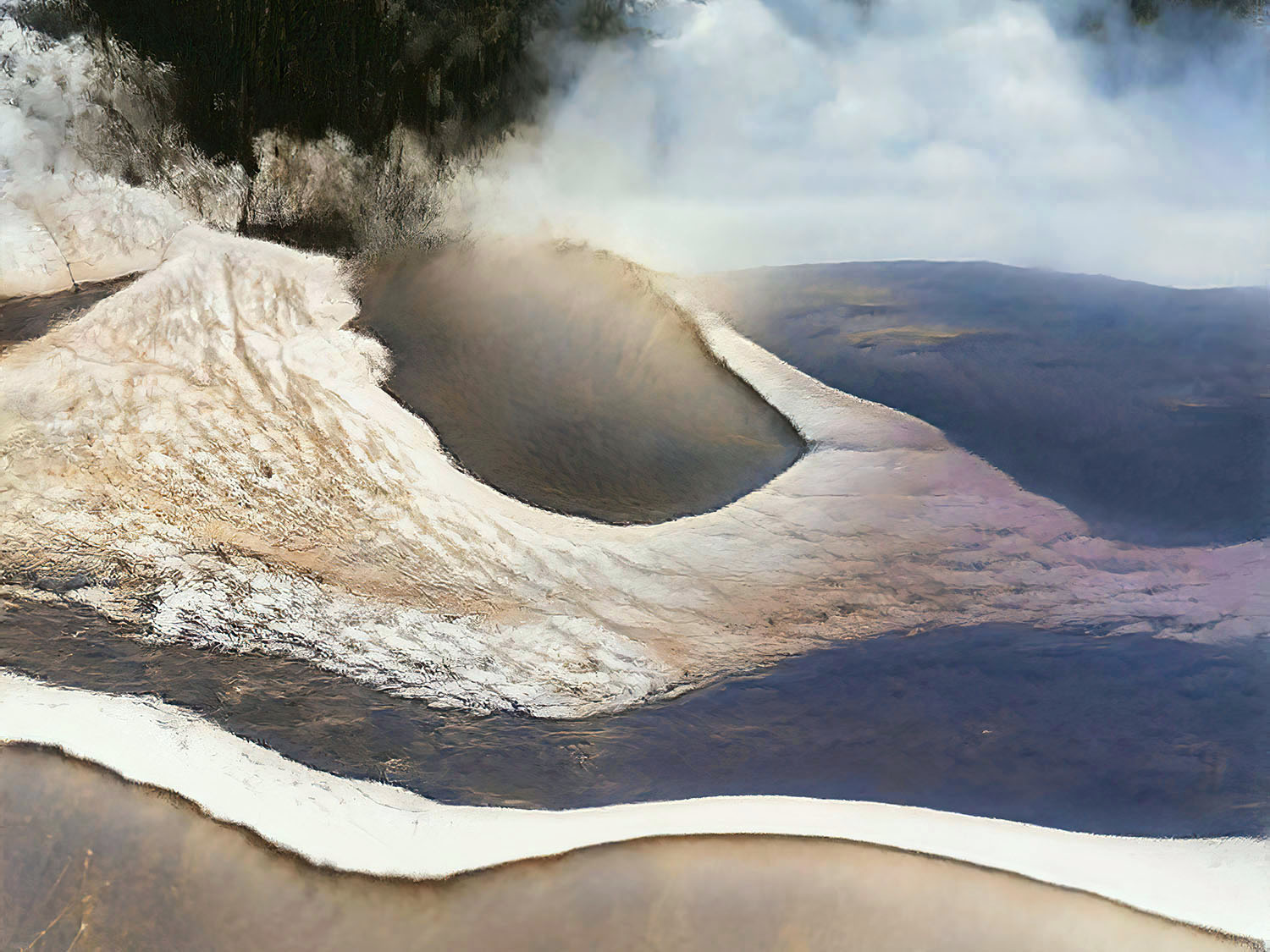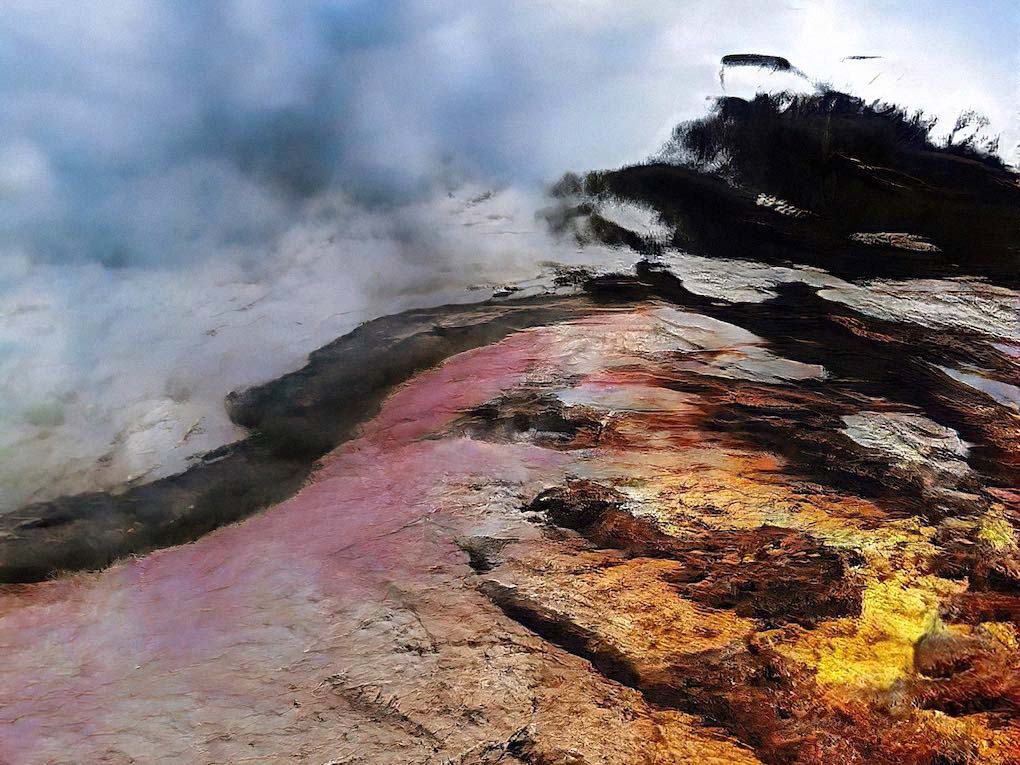It was an easy sell, I mean, what was there not to like?
Wilkes & Co., a leader in international plastic production, had just finished pitching their new plastic compound to the UN's Intergovernmental Panel on Climate Change (IPCC). With the IPCC's approval, they would have a green light to sell the cheapest plastic available on the world market. It did not exactly fall into the bioplastic category, but the company had managed to develop something that would at least appease new plastic production regulations while also tipping their hats to their company's share holders.
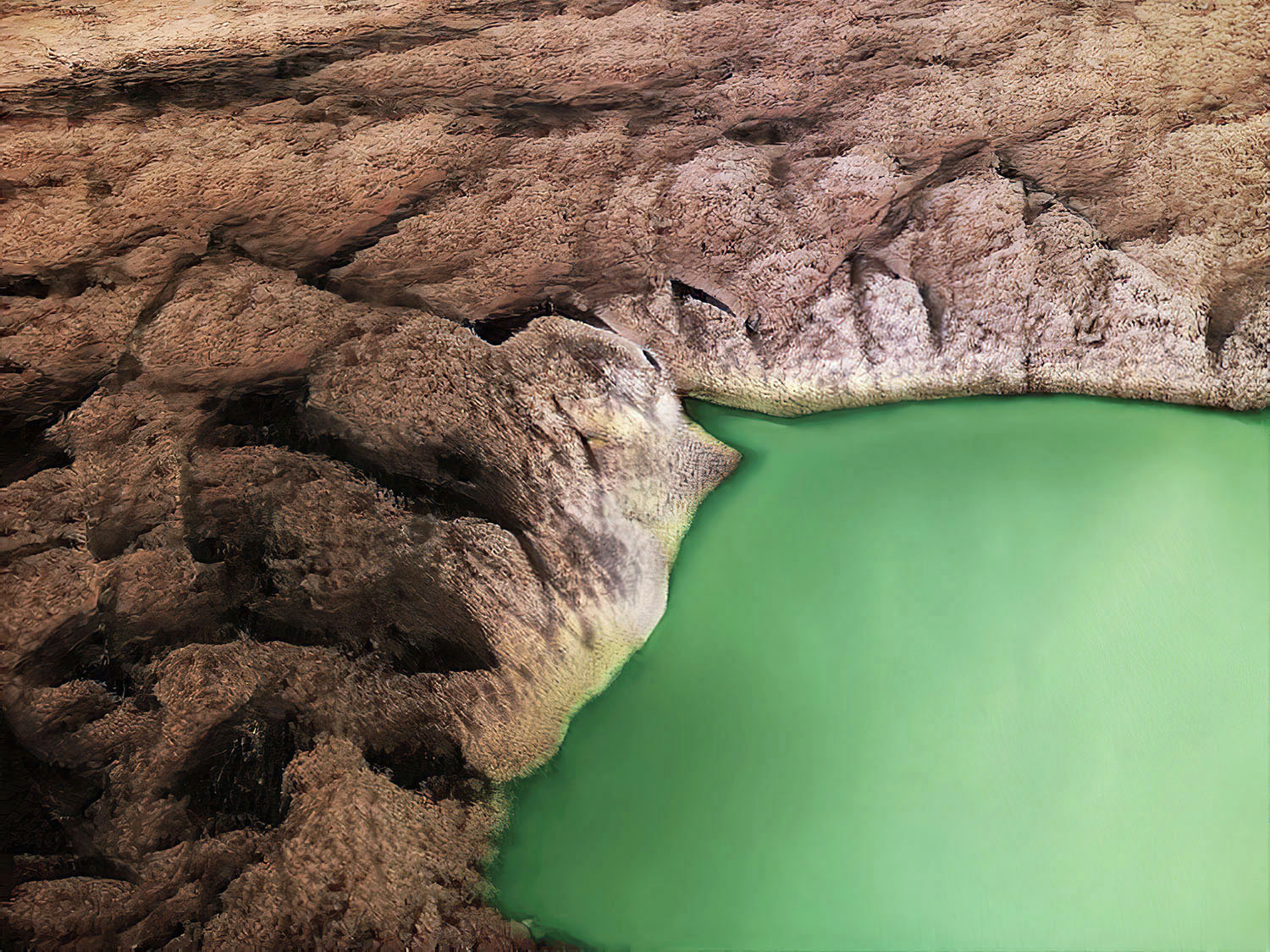
By the end of 2034, Wilkes & Co. controlled more than sixty-five percent of the world's plastic production.
After yet another COVID-19 outbreak, the IPCC was forced to quickly redact its recommendation to limit the production of all non-bioplastics. Plastic had proven itself to be necessary to help curb the spread of the virus and cash-strapped governments couldn't afford to support a restriction which would nearly double the costs of the essential plastics required by hospitals and nursing homes.
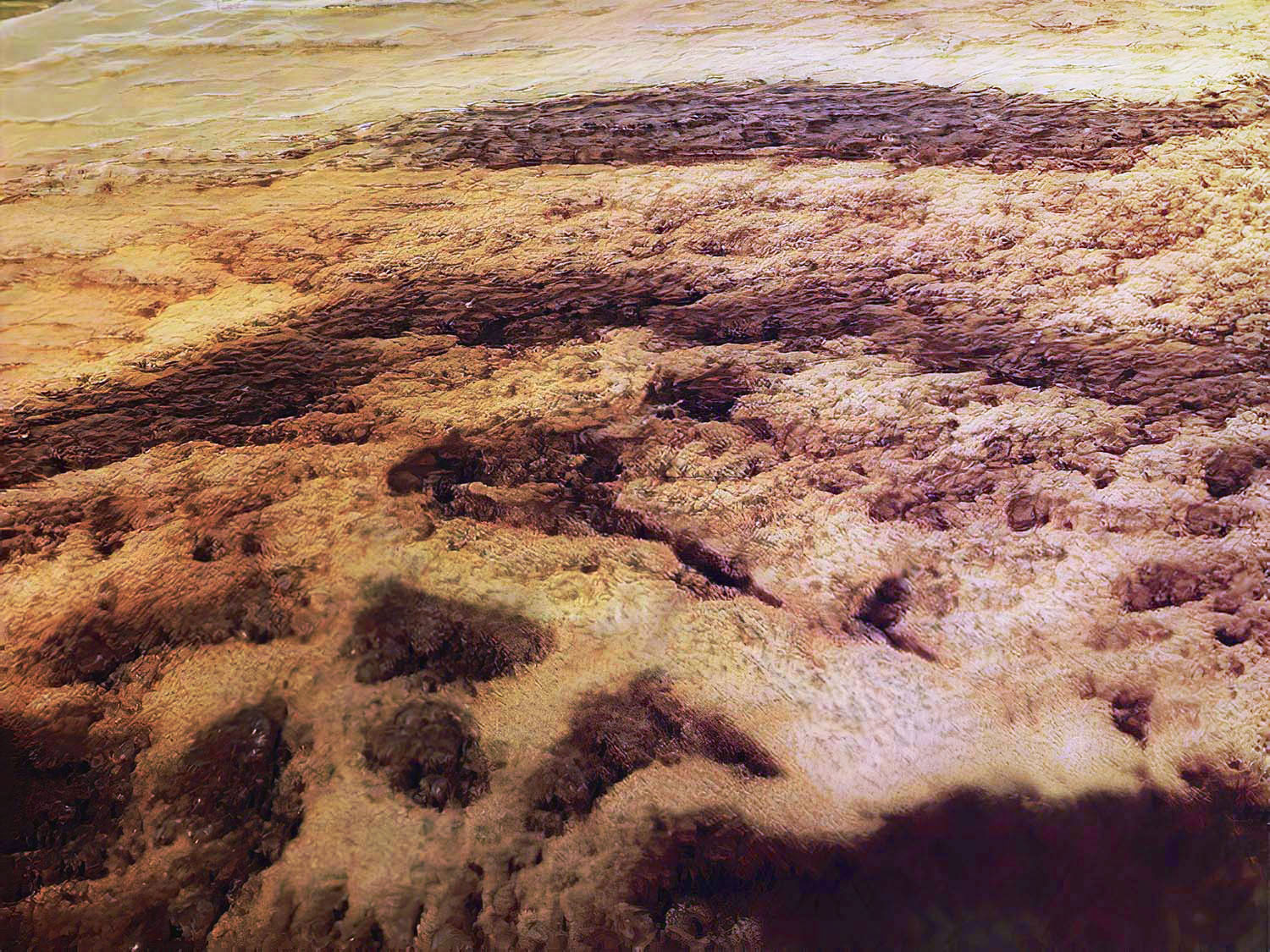
"Our natural environment provides us oxygen, water and food. It's in our best interest to be stewards of our planet. I realize that it's quite easy to ignore the negative impacts that plastic pollution has on our environment... these aren't immediately obvious. Plastic waste is often shipped to poorer countries, it collects at the bottom of our oceans, and contributes to greenhouse gases which are invisible to the human eye.
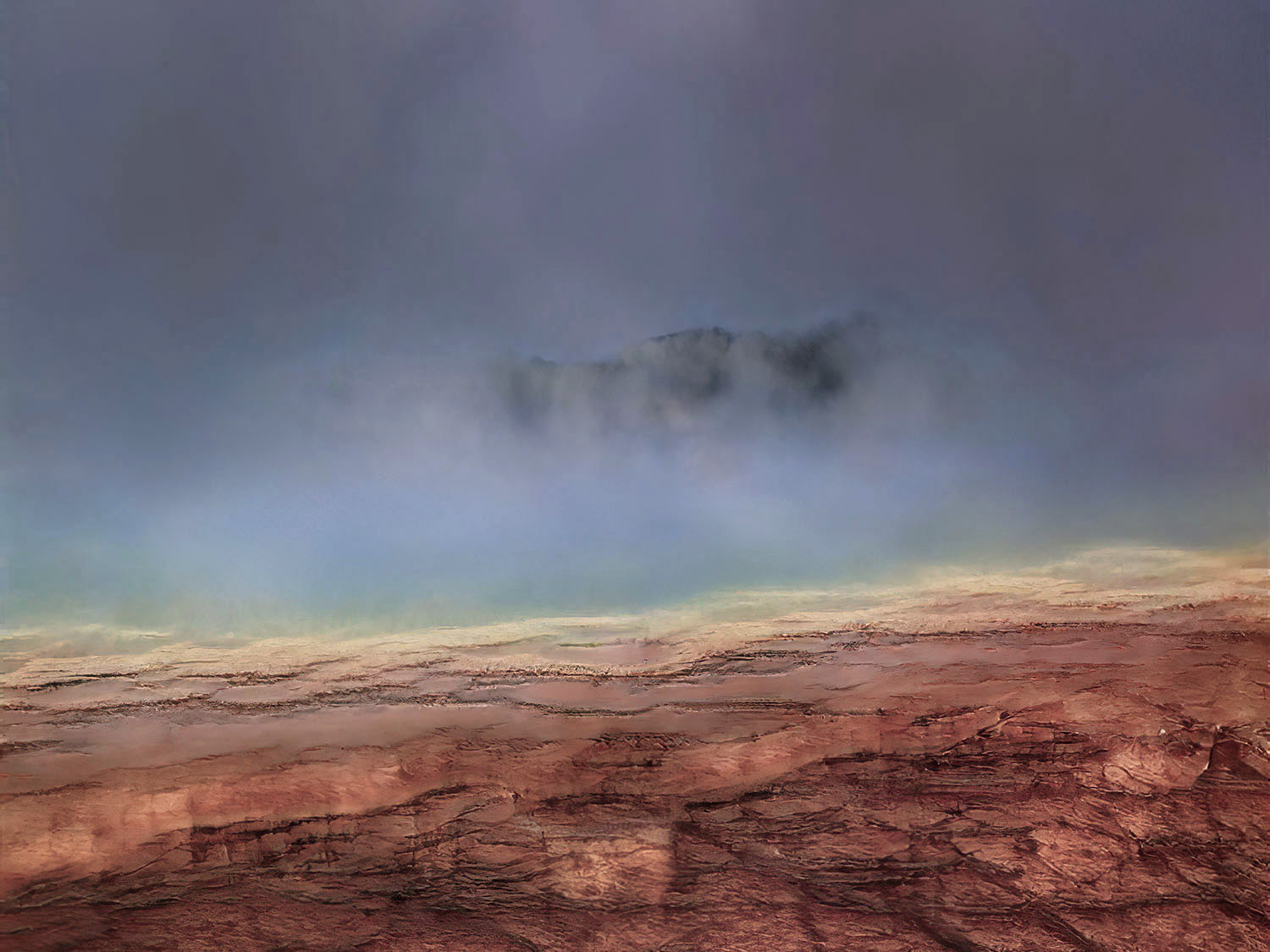
"It's not enough to just agree with me, I need you to join me in boycotting the purchasing of plastic. The problem starts with corporations, and we will be sending them a strong message!"
I really liked Professor Langsmith and I knew he meant well, but did anyone in my class take this talk seriously? I don't think so. Money had been super tight and very few of my friends had jobs. This new government initiative meant a thirty percent price drop in nearly all consumer good items. We were finally back on course to being normal twenty-somethings again. And besides, I could now afford to buy the two items sitting dormant in my Amazon shopping cart and I was thrilled.
"If you can agree with me, we will start our boycott tomorrow. Take today to prepare and I will check in with you on your progress during our next lecture. If you cannot agree, there's nothing I can do to force you. Let's see a show of hands please...?"
I raise my hand while at the same time hitting the 'buy now' button.
It was surprising to hear the grim news about the UK, but was anything that shocking anymore? There was a reporter on the television interviewing a distraught couple holding a young child with what appeared to be a birth defect.
"We have been told that it is a rare disease, and I'd be willing to accept this news if it were not for the obvious. Look around you! You can hardly walk down the street without seeing one or more abandoned children with the very same defect. That's why my husband and I are starting the foundation. We are fortunate enough to have the emotional stamina and the money to cope with our son's condition, but it is clear that there are many others out there who do not."
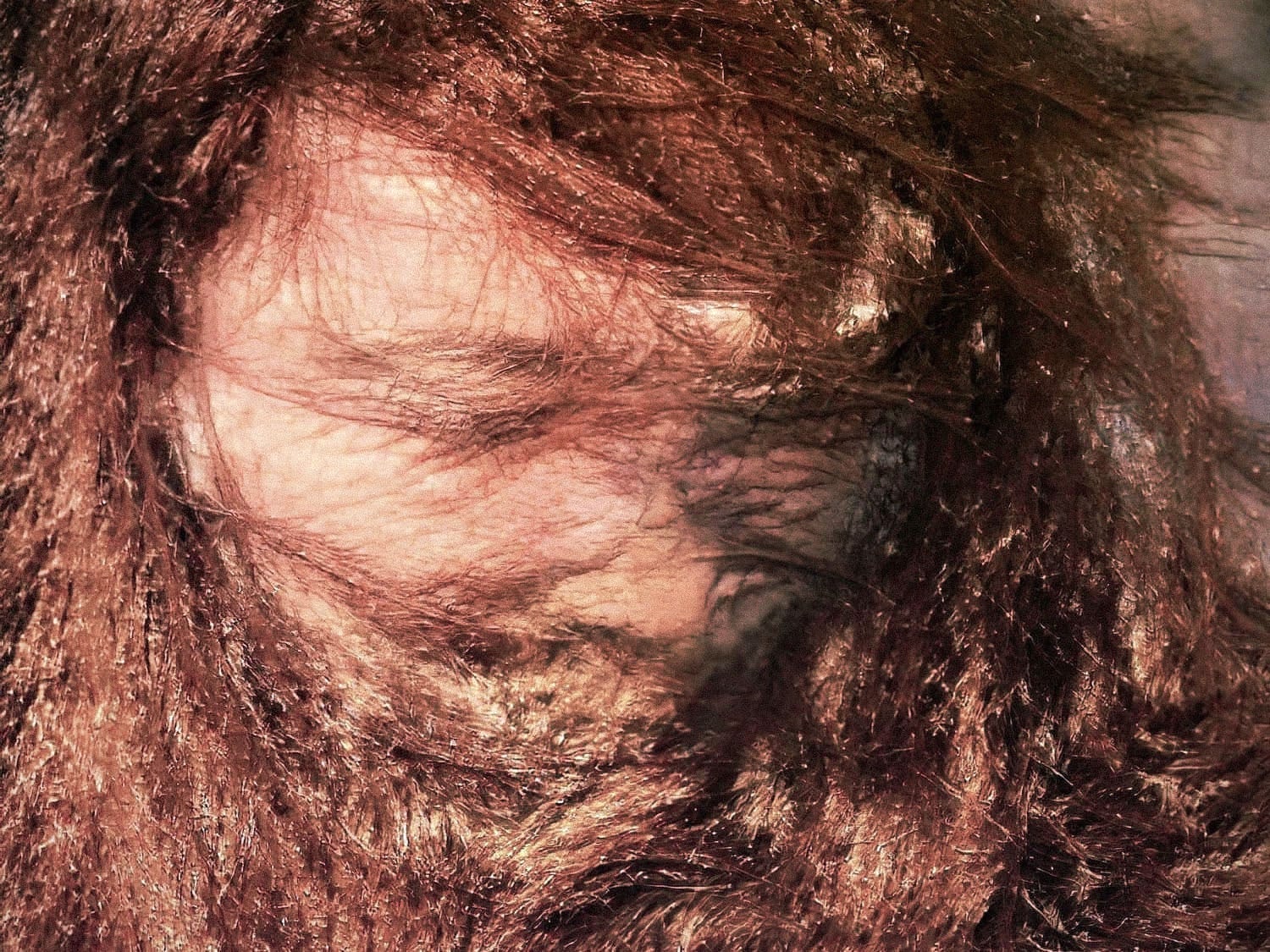
I flipped the station to another news program, to a man somewhere in the American Midwest describing the environmental changes there. He and a middle-aged woman stood next to a lake that was an unusual, bright neon green colour.
"The state government has announced today that they have tested and approved Springdale's water for consumption." He paused for a moment while pointing his microphone in the direction of the woman in denim overalls. "Ma'am, what do you think of the state's decision?"
"I still buy our water in plastic jugs at the Walmart," said the woman in a thick American accent. "We ain't takin' any risks!"
I opened my journal to the last page:
June 1st, 2052.
I have finally made it out to the cabin to write my script and I feel confident about it. It seems that now is a good time and this is definitely what Susan would have wanted. The red oak trees that used to surround our cabin have all been uprooted and I have salvaged what was left of them to fuel the stove. From the front deck, I can see waves crashing in on the shore. The time-lapse footage that I managed to capture this morning is surreal.
I saw a robin today - the first one in years. She perched herself on our kitchen window as I was steeping my morning tea. For a brief moment, it felt like none of the last few years had ever happened, like Susan would walk down the stairs any minute now to ask me what was for breakfast. Or maybe the sighting of this bird signalled the beginning of a new cycle and nature was just running its course. I looked at the bird and she looked at me. She puffed up her feathers briefly before dropping down to the paved area beneath the window. Thunk. I placed her in a plastic bin and buried her in a hole where one of the oaks used to be.
I closed my journal, put it on the nightstand, took a long sip from my mug and typed the first line of my script:
In the years leading up to 2052, Earth begins to shake us off like a bad case of fleas. It has adapted, and it is beautiful.
